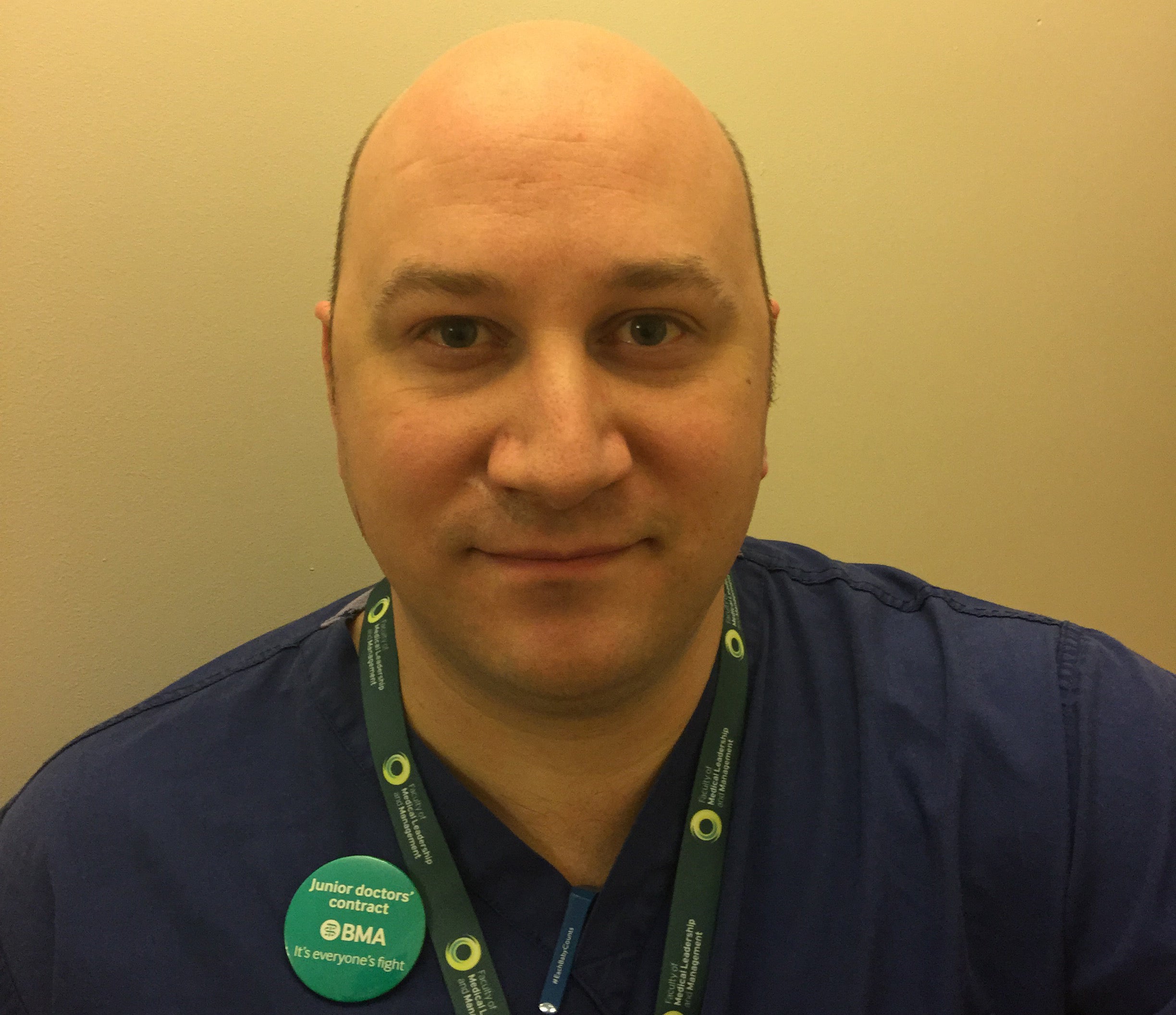What's it like to work as a gynaecologist?
Being a male obstetrician and gynaecologist has presented few difficulties for Dr Edward Prosser-Snelling

When Dr Edward Prosser-Snelling tells people what he does for a living, he is typically greeted with two responses.
“If it’s a man they’ll say, ‘mate, do you look at vaginas all day? That must be an amazing job,’” he says. “If I tell a female I’ve just met at a dinner party, I will be providing clinical information all evening.”
The obstetrician and gynaecologist explains to men that his job involves a range of procedures, from delivering babies to carrying out life-saving surgery.
“If they still go, ‘yeah, but mate, have you seen more than a thousand vaginas in your life?’ I will end the conversation,” he says.
Working as a male gynaecologist has presented few difficulties for the specialist registrar in his nine-year career. As a medical student he found patients didn’t want to talk to him, but it hasn’t been a problem since. When men ask him not to examine their wives on religious grounds, the women usually overrule the decision if they are in pain.
The 35-year-old chose to specialise in gynaecology and obstetrics because he liked the problem-solving aspect involved in women’s health.
“Generally patients are very well and they have things that you can do to make them better. Problems have solutions and that’s very satisfying. It’s technical, you have to be a good surgeon and I’ve always enjoyed that,” he says.
But dealing with such personal female issues means he has had to learn to communicate effectively with women.
“You can’t be afraid about talking about the difficult things. Periods are not after-dinner conversations, so you do have to be sensitive,” he says.
The 35-year-old also has to rely on his intuition when dealing with what he calls “I’ve put something in my vagina and can’t get it out” cases.
“Sometimes the patient will say, ‘look doctor, I know what I was doing, you know what I was doing. Can you help me out?’ Then you both have a bit of a laugh and fix it in five minutes,” he says. “Whereas there’ll be another type of person that is just absolutely mortified that this has happened to them.”
The father of two studied English and German for his first degree, before deciding to pursue a career in medicine. He taught himself science to A-level standard and enrolled in a post-graduate degree at Nottingham University.
“I did have to work a bit harder than other people at medical school but it’s never held me back since. My first degree wasn’t wasted for a second. Living in a foreign country improves your communication better than anything I learnt at medical school.”
Dr Edward Prosser-Snelling works on the Royal College of Obstetricians and Gynaecologists' Every Baby Counts programme, which aims to reduce the number of babies who die or are left severly disabled as the result of childbirth complications.
Subscribe to Independent Premium to bookmark this article
Want to bookmark your favourite articles and stories to read or reference later? Start your Independent Premium subscription today.

Join our commenting forum
Join thought-provoking conversations, follow other Independent readers and see their replies